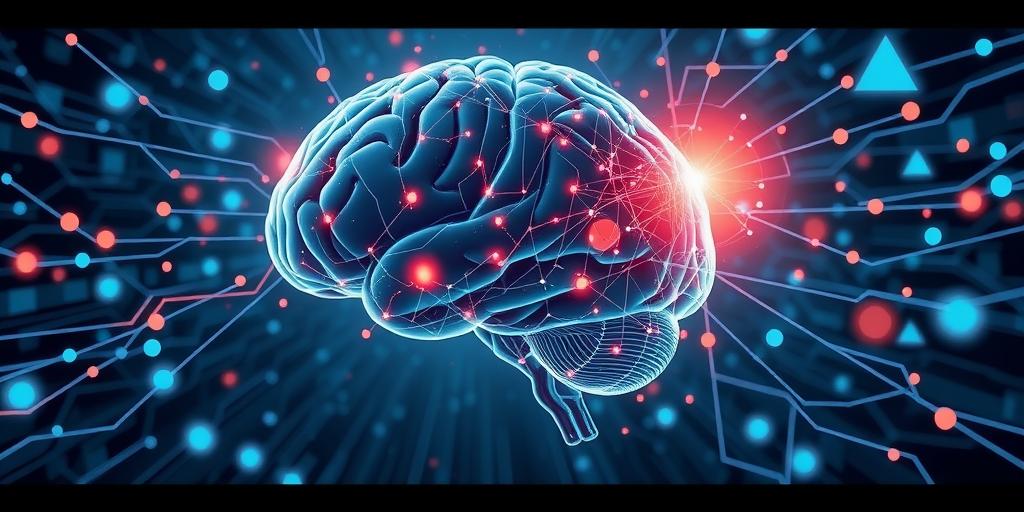The Future of Brain-Computer Interfaces: A Deep Dive
Brain-Computer Interfaces (BCIs) are rapidly evolving, promising revolutionary advancements in medicine, technology, and our understanding of the human mind. This article explores the current state of BCIs, their potential future applications, and the ethical considerations surrounding their development.
What are Brain-Computer Interfaces?
At their core, BCIs are systems that establish a direct communication pathway between the brain and an external device. This connection allows for the interpretation of neural signals and the translation of those signals into commands that control external devices, such as computers, prosthetics, or even other brains.
Current State of BCI Technology
Today, BCI technology is primarily used in medical applications. Some notable examples include:
- Restoring Movement: BCIs can help individuals with paralysis regain control over their limbs through prosthetic devices.
- Communication: BCIs enable people with severe motor impairments to communicate by translating their brain activity into text or speech.
- Treating Neurological Disorders: BCIs are being explored as a potential treatment for conditions like epilepsy, Parkinson's disease, and depression.
While these applications are promising, current BCI technology faces several challenges. These include the need for more accurate and reliable signal processing, improved biocompatibility of implanted devices, and a better understanding of the brain's complex neural codes.
Potential Future Applications
The future of BCIs holds tremendous potential, extending beyond medical applications into various aspects of human life. Some exciting possibilities include:
- Enhanced Cognition: BCIs could augment cognitive abilities like memory, attention, and learning.
- Seamless Human-Machine Interaction: Imagine controlling computers, smartphones, and other devices with just your thoughts, creating a more intuitive and efficient user experience.
- Brain-to-Brain Communication: BCIs could enable direct communication between brains, opening up new avenues for collaboration, learning, and empathy.
- Gaming and Entertainment: BCIs could revolutionize gaming and entertainment by creating immersive virtual reality experiences controlled by the player's mind.
Ethical Considerations
As BCI technology advances, it is crucial to address the ethical considerations surrounding its development and use. Some key concerns include:
- Privacy: Protecting individuals' brain data from unauthorized access and misuse.
- Autonomy: Ensuring that individuals retain control over their thoughts and actions when using BCIs.
- Equity: Addressing the potential for BCIs to exacerbate existing social inequalities if access is limited to a privileged few.
- Human Identity: Considering the potential impact of BCIs on our sense of self and what it means to be human.
Conclusion
Brain-Computer Interfaces have the potential to transform our lives in profound ways. While challenges remain, ongoing research and development are paving the way for a future where BCIs seamlessly integrate with our brains, enhancing our abilities, and improving our quality of life. However, it is essential to address the ethical considerations surrounding this technology to ensure that it is used responsibly and for the benefit of all humanity.









